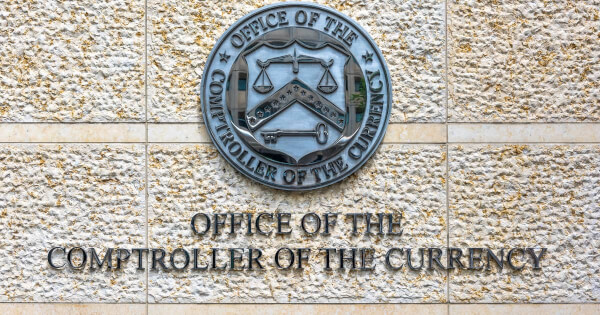
A recent survey conducted by Paxos has shown that American crypto holders still trust intermediaries such as banks, crypto exchanges, and mobile payment apps to hold their digital assets. The survey, which was conducted in January, aimed to understand how the crypto winter and large industry fallouts in 2022 affected consumer behavior and confidence in the crypto ecosystem.
Despite the volatile nature of the crypto industry in 2022, including the bankruptcies of FTX and Alameda Research, the survey found that 89% of respondents still trusted intermediaries to hold their crypto assets. This is a significant finding, given the high-profile collapses and poor risk management practices seen in several crypto companies.
Interestingly, the survey also found that there was an increasing desire among consumers to buy Bitcoin, Ether, and other digital assets from traditional banks. The survey revealed that 75% of respondents were likely or very likely to purchase crypto from their primary bank if it were offered, a 12% increase from the year before. Furthermore, 45% of respondents reported they would be encouraged to invest more in crypto if there was more mainstream adoption by banks and other financial institutions.
According to Paxos, there is a significant untapped opportunity for banks if they expanded their offerings to include digital assets. Offering these services would satisfy increasing demand and result in higher engagement. However, the survey was conducted before more recent crypto headwinds, such as the bankruptcy of crypto lender Genesis, the crackdown on Binance USD (BUSD) involving Paxos, and the financial uncertainty of crypto bank Silvergate Capital.
The survey was conducted on 5,000 participants who were over 18 years old, lived in the United States, had a total household income greater than $50,000, and had purchased cryptocurrency within the last three years. Despite the volatile 2022 crypto landscape, the survey shows that consumers didn’t lose faith in their crypto investments, underlining the long-term confidence of those participating in crypto markets.


